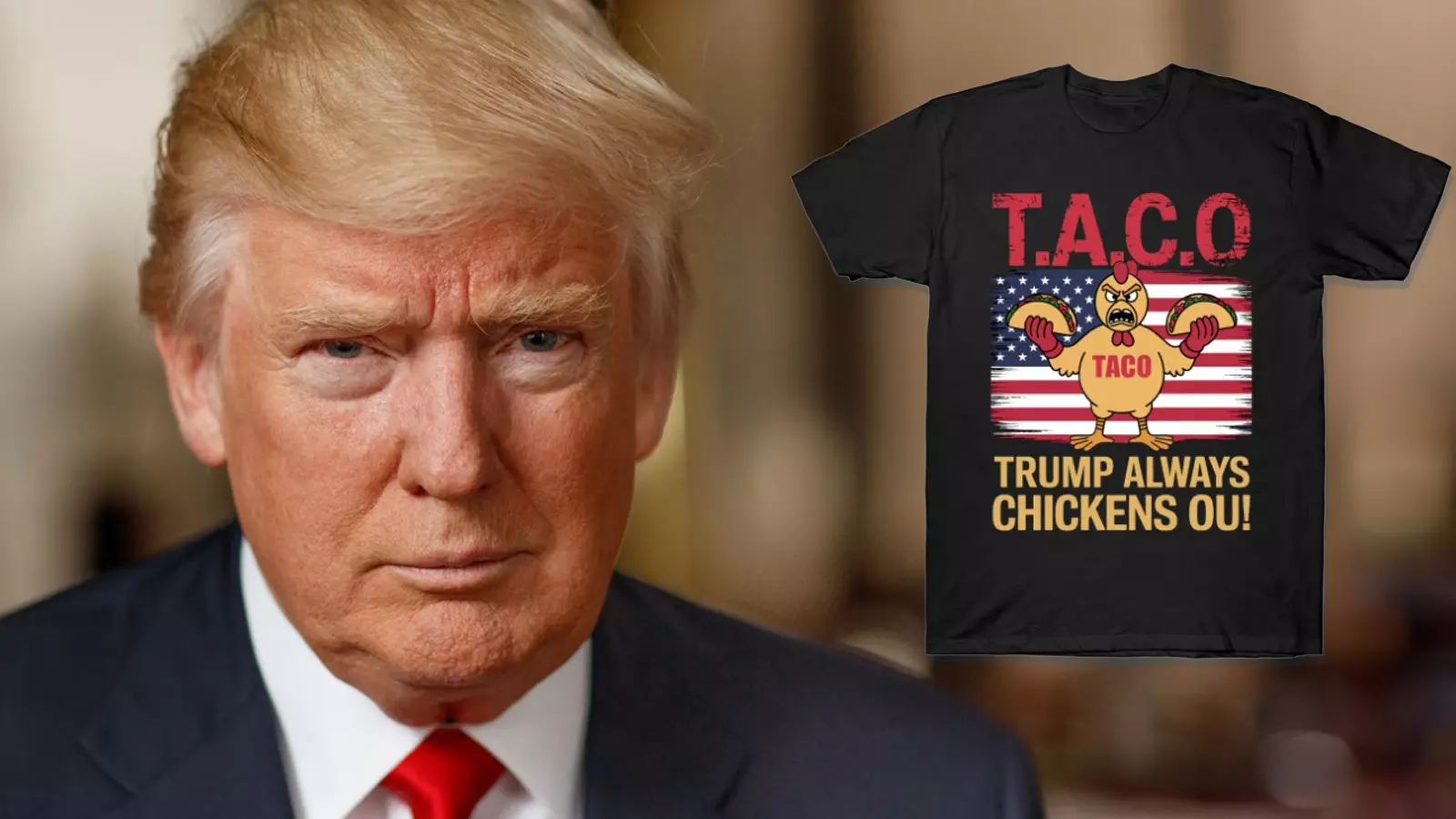
- Home
- India
- World
- Premium
- THE FEDERAL SPECIAL
- Analysis
- States
- Perspective
- Videos
- Sports
- Education
- Entertainment
- Elections
- Features
- Health
- Business
- Series
- In memoriam: Sheikh Mujibur Rahman
- Bishnoi's Men
- NEET TANGLE
- Economy Series
- Earth Day
- Kashmir’s Frozen Turbulence
- India@75
- The legend of Ramjanmabhoomi
- Liberalisation@30
- How to tame a dragon
- Celebrating biodiversity
- Farm Matters
- 50 days of solitude
- Bringing Migrants Home
- Budget 2020
- Jharkhand Votes
- The Federal Investigates
- The Federal Impact
- Vanishing Sand
- Gandhi @ 150
- Andhra Today
- Field report
- Operation Gulmarg
- Pandemic @1 Mn in India
- The Federal Year-End
- The Zero Year
- Science
- Brand studio
- Newsletter
- Elections 2024
- Events
- Home
- IndiaIndia
- World
- Analysis
- StatesStates
- PerspectivePerspective
- VideosVideos
- Sports
- Education
- Entertainment
- ElectionsElections
- Features
- Health
- BusinessBusiness
- Premium
- Loading...
Premium - Events

If major exporters to US — China, Canada, Mexico, EU, Japan — decide they would not give in to Trump’s tariff blackmail, he would have no choice but to surrender
"Frankly, my dear, I don’t give a damn" — so said Clark Gable’s Rhett Butler famously to Vivien Leigh’s Scarlett O’Hara, in Gone with the Wind.
What if the world echoed this bit of American movie lore, and told Donald Trump to shut up and do what he wanted with his tariffs?
Trump has announced high tariffs on the entire non-American world and that has virtually created a level playing field for exporters to the US. Countries can stop negotiating with Trump and his bullying bunch of bureaucrats, and the US government would begin to stew in the self-wrought prospect of all imports suddenly turning 20-30 per cent more expensive than before.
Tit for tat
Goods would be expensive for American importers, and eventually, consumers. For exporters, it would be business as usual. Well, almost: when prices go up sharply, people would tend to reduce consumption, so the market for items of non-essential spending could shrink.
A threat of America raising its tariffs on imports from country X works, because X imagines that the share of its exports in the totality of America’s exports would fall, its share being taken up by some close export rival, whose exports would now rise.
But what if that export rival also faces tariffs as steep as the ones that X is being threatened with?
As far as the American importer is concerned, the competitiveness of either importer remains unchanged from before the orange wrecking ball started swinging at the world trading system.
Pushing up oil prices
Consider the threat most relevant to India. Trump has threatened to levy 100 per cent duty on countries that buy oil from Russia, if Russia does not end the Ukraine conflict in 50 days.
Also read: Trump’s attack on Iran, a ‘spectacular’ failure of US foreign policy
India buys about 1.8 million barrels per day of oil from Russia. China imports 2 million barrels per day. Italy, France, Hungary, Turkey and Czechia — all NATO members — import Russian gas.
If these energy imports are stopped because of secondary sanctions, the price of oil and gas would turn red hot. India and China would have to turn their import demand to non-Russian oil producers, and the European nations would turn their gas demand to non-Russian gas producers.
These non-Russian hydrocarbon producers meet the world’s demand excluding that from Russia and China.
Some spare, unutilised capacity exists in OPEC nations that had restrained production to push up oil prices, true. They can, in theory, be persuaded to step up production. OPEC, however, partners Russia in matters of oil production, Russia being part of the OPEC + 1 grouping. OPEC is unlikely to raise output enough to offset missing Russian production.
The result would be to push up oil and gas prices around the world, including in the US.
Fed rate cut
US inflation has been climbing, and is at 2.7 per cent. Trump desperately wants the US Federal Reserve to cut policy rates, but buoyant inflation trends hold the Fed’s hand.
Also read | Politics is not business, thus Trump-Musk bromance fizzled out quickly
To add to inflation by pushing Russian oil out of the market through secondary sanctions on buyers of Russian crude would be to add to Fed resistance to lowering rates.
The dollar index, which measures the value of the dollar against a basket of six key currencies — the euro, the Japanese yen, the British pound, the Canadian dollar, the Swiss franc and the Swedish krona — is down 9 per cent from the level at the beginning of the year (year-to-date, or YTD in the jargon).
This is because Trump has created nervousness among financial investors, who have dumped US Treasuries.
Rising nervousness
On May 26, when Moody’s downgraded US debt, dropping one A from its earlier AAA rating, the dollar weakened.
On previous occasions, when S&P, and later, Fitch had cut their rating of US government debt, respectively in 2011 and 2023, panicky financial markets had sent capital flooding into the safest of safe havens, US government bonds, pushing up the exchange rate of the dollar. This time around, instead of strengthening, the dollar weakened when US debt underwent a rating downgrade.
Also read: Why retaliatory tariffs on US do not make sense for India
This probably will be counted as a turning point marking the decline of US hegemony of global finance.
The short point is that the American threat to impose 100 per cent duty on China and India for buying Russian hydrocarbons — the US continues to import uranium for its nuclear plants from Russia — would send the dollar index sliding further.
MAGA dreams
While the voting public at large does not keep track of the dollar index, they would indeed notice another consequence of the same action that pushes down the dollar index – rising interest rates. When investors dump long-term US government bonds, their prices would fall, and push up the yield. And that is something that scares Trump.
His promise to the American people that his policy would Make America Great Again (MAGA), that his tax cuts would turbocharge the economy, would stand exposed for the sham it is.
Trump would not actually dare to push Russian oil and gas out of the supply pool that keeps prices where they stand.
Time to stand up
If the major exporters to the US — China, Canada, Mexico, the EU, and Japan — could decide that they would not give in to Trump’s tariff blackmail, Trump would have no choice, but to surrender. But, of course, that is a big IF.
Also read: Trump tariffs spark Chinese meme wave on TikTok, other platforms
The game of chicken works when one player chickens out: the game is two people driving their cars at each other at full tilt, heading for a nasty collision if one of them does not swerve away at the last moment. Whoever makes the swerve is the chicken.
A taco is a Mexican dish, a small tortilla (roti or chapati made mostly from corn) rolled into a wrap with a filling of whatever the chef fancies, including meats and vegetables. Trump became an ambassador for the taco, as meme makers made the taco stand in for the claim Trump Always Chickens Out.
Meme makers zindabad!
(The Federal seeks to present views and opinions from all sides of the spectrum. The information, ideas or opinions in the articles are of the author and do not necessarily reflect the views of The Federal.)


